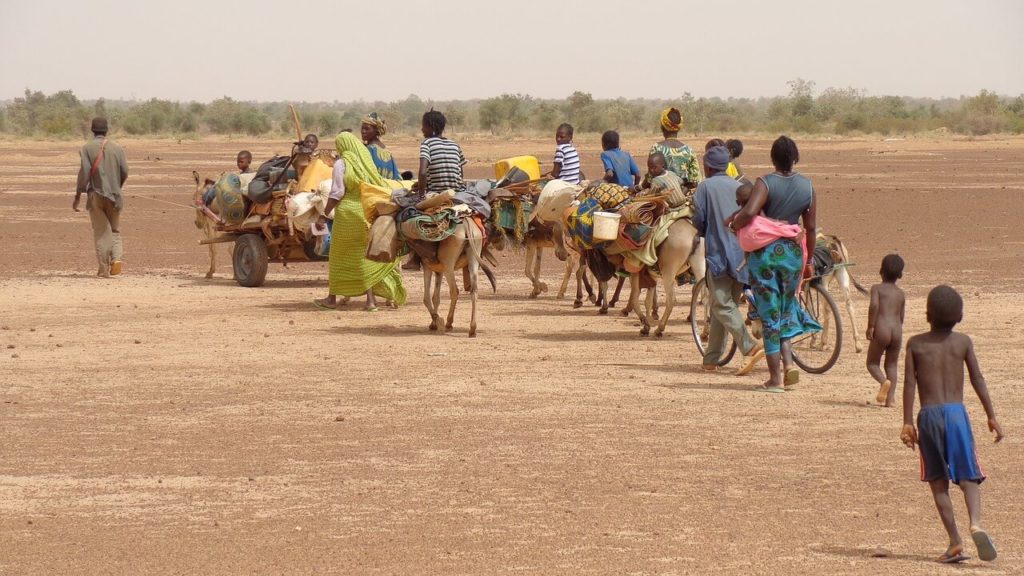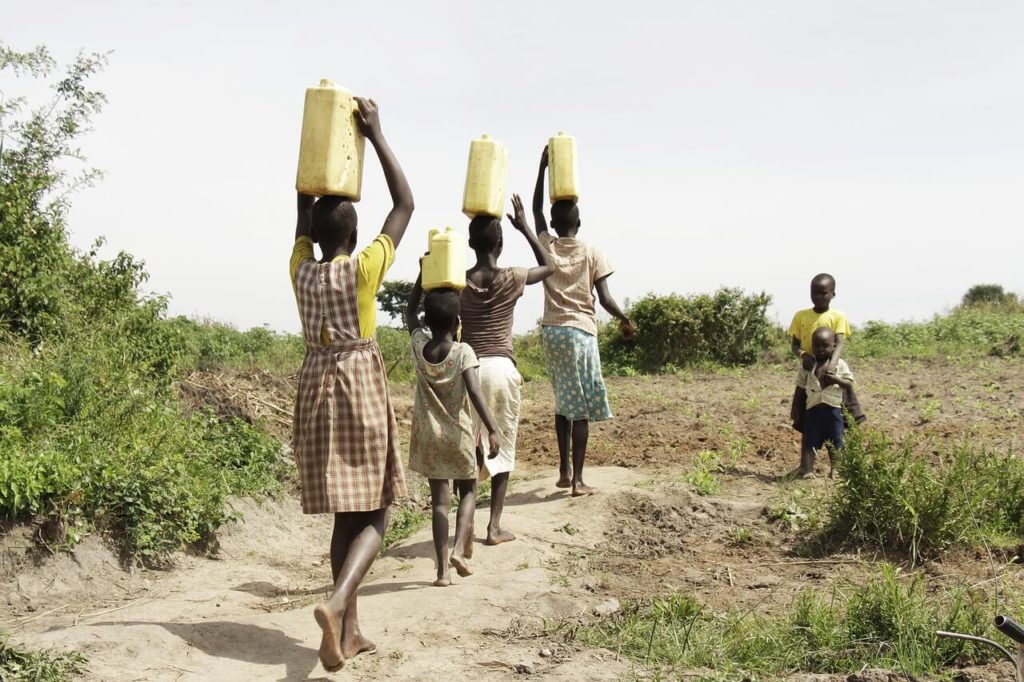Asking the right question
There was a strange feeling when listening to the debate on international issues during the Swedish elections in September. The debate, more than ever, centred on migration to Sweden and other European countries, yet almost nothing was mentioned about why young Africans are trying to reach Europe. It is not only about immediate crises, like the present one in Syria, where millions of people left within a short period of time. Instead, we should take a deeper dive into the reasons people chose to look for a better life in a new place.
A story 20 years in the making
Migration is not a new phenomenon. Already back in 1995, the Swedish Development Agency, Sida requested the internationally renowned researcher Norman Meyers to write the report ”Environmental Exodus – An Emerging Crisis in the Global Arena”. Already then Meyers showed that there were 25 million people that could be labelled as environmental refugees. Putting this in perspective, that would be more than any other group of refugees found in those days around the world.
However, the concept of environmental refugees had not been established at that time. On top of this, few at the political level paid attention to this phenomenon, while the development community who was dealing with such issues could clearly see it is happening in parts of Africa. In fact, these challenges were already obvious at the time of the UN Environmental Conference in Rio de Janeiro back in 1992.


